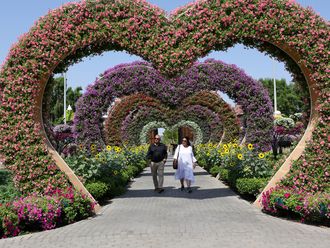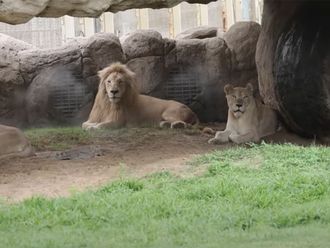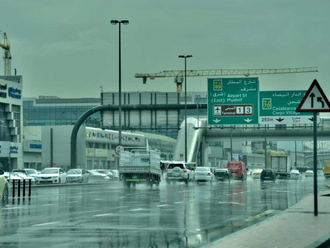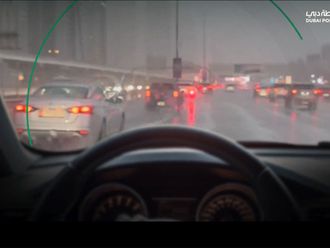The Arab and Muslim world needs more contests similar to the Dubai International Holy Quran Award because it preserves the Islamic culture and promotes the Quran, said a senior diplomat in the UAE.
"We need more awards similar to DIHQA because globalisation affects the economies and cultures of small countries," said Al Teebi Khattab, the Chancellor of the Moroccan Embassy in Abu Dhabi.
There is a major need for Quran contests because they help defend and promote the Islamic culture and implement the Quran's teachings, he said.
Khattab who is also the director of the Moroccan Tourism Office in the Arab world, said, "The heart feels delighted when a person listens to someone from a remote and very small island like Barbados reciting the Quran. It is God's blessing."
He said the DIHQA's prizes are inspiring and prompts the youngsters to read and memorise the Quran.
Khattab said the regional and international media and satellite TVs have helped in spreading the DIHQA worldwide.
Moreover, the American Consul in Dubai and the Northern Emirates, Jason Davis, said, "The award has united tens of youngsters from the world over to compete in the dynamic and lively city, Dubai."
Davis said he enjoyed the American contestant Eisa Omar Ahmad's recitation of the Quran in front of a large audience on Tuesday evening.
There are many Islamic centres that serve and support the Muslim community in the US, he said. "Islam is the religion of peace and Muslims seek co-existence with others through organising religious events such as the DIHQA," Davis concluded.
Among the competitors is Mohammad Mamadh, 21, from Barbados. He started memorising the Quran in an Islamic school at the age of 8 and finished it by the age of 12.
He estimated his country's population at around 280,000 people, out of which around 3,000 people are Muslims. "I thank God for being among the only 35 or 40 Muslims in my country who memorised the Quran," Mamadh said.
The 19-year-old South African contender, Salim Peck, said DIHQA is his second international competition after Saudi Arabia.
He started memorising the Quran when he was six years old and finished it at the age of 12.
"I learnt about the DIHQA while I was browsing the internet three years ago. After winning a local competition in Cape Town, I was going to represent my country in a Quran contest in Egypt.
"The UAE Ambassador to South Africa suggested to the local authorities that I participate in DIHQA," Peck said.
Palestine
Closure hits contestant
A member of the Dubai International Holy Quran Award's (DIHQA) Organising Committee revealed that closure of the border exits in Occupied Palestine has prevented a Palestinian competitor from participating in the competition.
Abdul Rahim Hussain Ahli, the Head of the Financial and Administrative Affairs Unit, DIHQA, said, "78 countries accepted the Organising Committee's letters of invitation and which were initially sent to more than 120 countries. The Palestinian competitor could not make it because the border exits remained closed."
He said DIHQA's Memorisation and Competitions Unit disqualified eight contesters from the Maldives, Guyana, Mauritius, Ukraine, Kosovo, Brunei, Myanmar and Brazil for their poor standard.
"There were more than 18 sponsors who are supporting the Award," said Ahli. He noted that the Committee will be receiving Dr Abdul Rahman Al Sudais, who was named this year's Islamic Personality, today.












